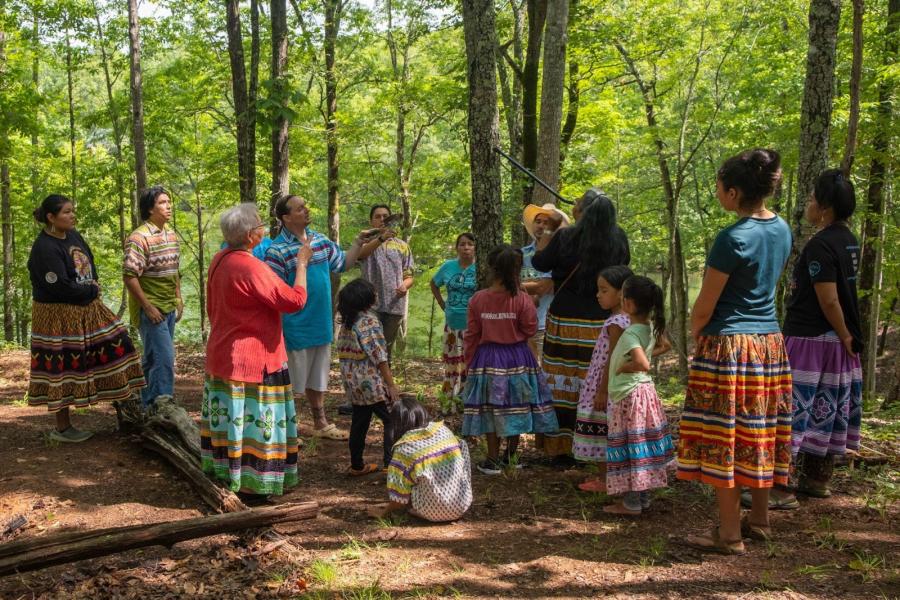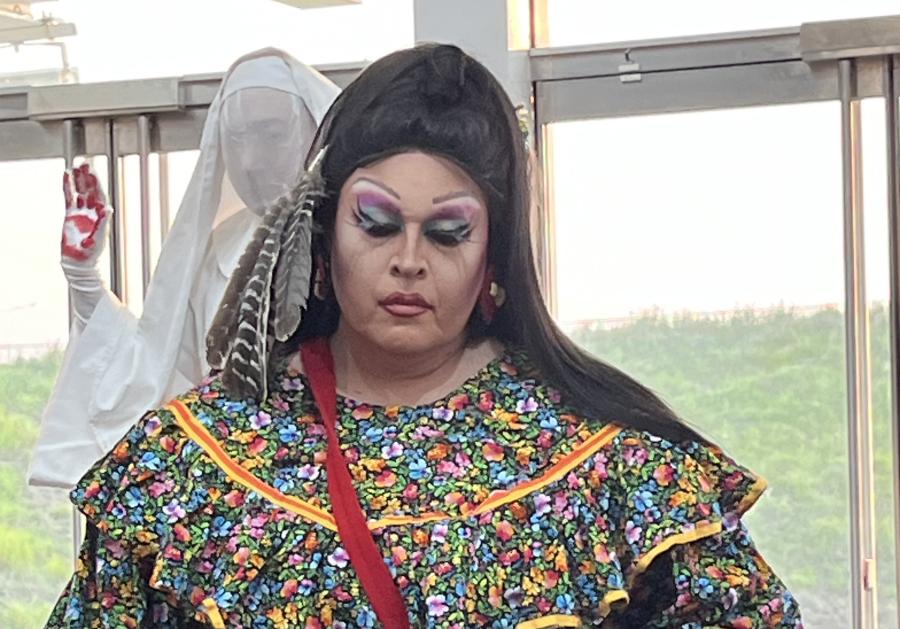
The Southeast Alaska Indigenous Transboundary Commission (SEITC) is a consortium of 15 sovereign Tribal Nations located in Southeast Alaska. SEITC has authority derived from Tribal governments, and each member Tribe has a formally designated representative. Established in 2014, SEITC was founded in order to protect and represent the cultural connection to the sacred rivers and waterways that are essential to sustaining local communities. SEITC also works to advocate for the reduction of environmental toxicity, and the legal prevention of contaminants from corrupting the food systems geographically essential to Alaska Native populations.
In 2017, SEITC received a grant from Cultural Survival to work towards creating formal unity across the Canadian and US border among Indigenous Peoples and First Nation governments to combat harm being done to waterways on both sides of the border by the mining industry. SEITC seeks to establish a transboundary watershed governance that will incorporate international water law and conventions, and mutual agreements to establish ecosystem wide protections and equitable benefits to govern action in the shared watersheds.
During the project period, SEITC traveled to British Columbia, Canada to meet with First Nations to develop critical contacts for the 2019 Gathering of Indigenous Nations scheduled for October in Washington. “In four days we met with First Nations leaders who were very supportive of our work. I was prepared to tell our story and was surprised that I did not have to convince the leaders that it was important to attend. SEITC will work with Members of First Nations in BC and Tribes from Alaska, Washington, Idaho, and Montana to develop strategic plans, goals and objectives.
Other current projects SEITC is leading include a significant human rights initiative with recommendations to prevent the toxic contamination of food sources resulting from nearby mining and pollution activities. This critical human rights work aims to halt any further industrial pollutants from entering and harming essential food sources. SEITC has recently presented a human rights petition to the Inter-American Commission stating that mining pollution is in violation of Tribal rights and a threat to Indigenous peoples. Their legal advocacy work has been widely viewed in both Canada and the United States. On April 16, 2019 SEITC was successful in placing the Stikine River on America’s top ten most endangered rivers.



